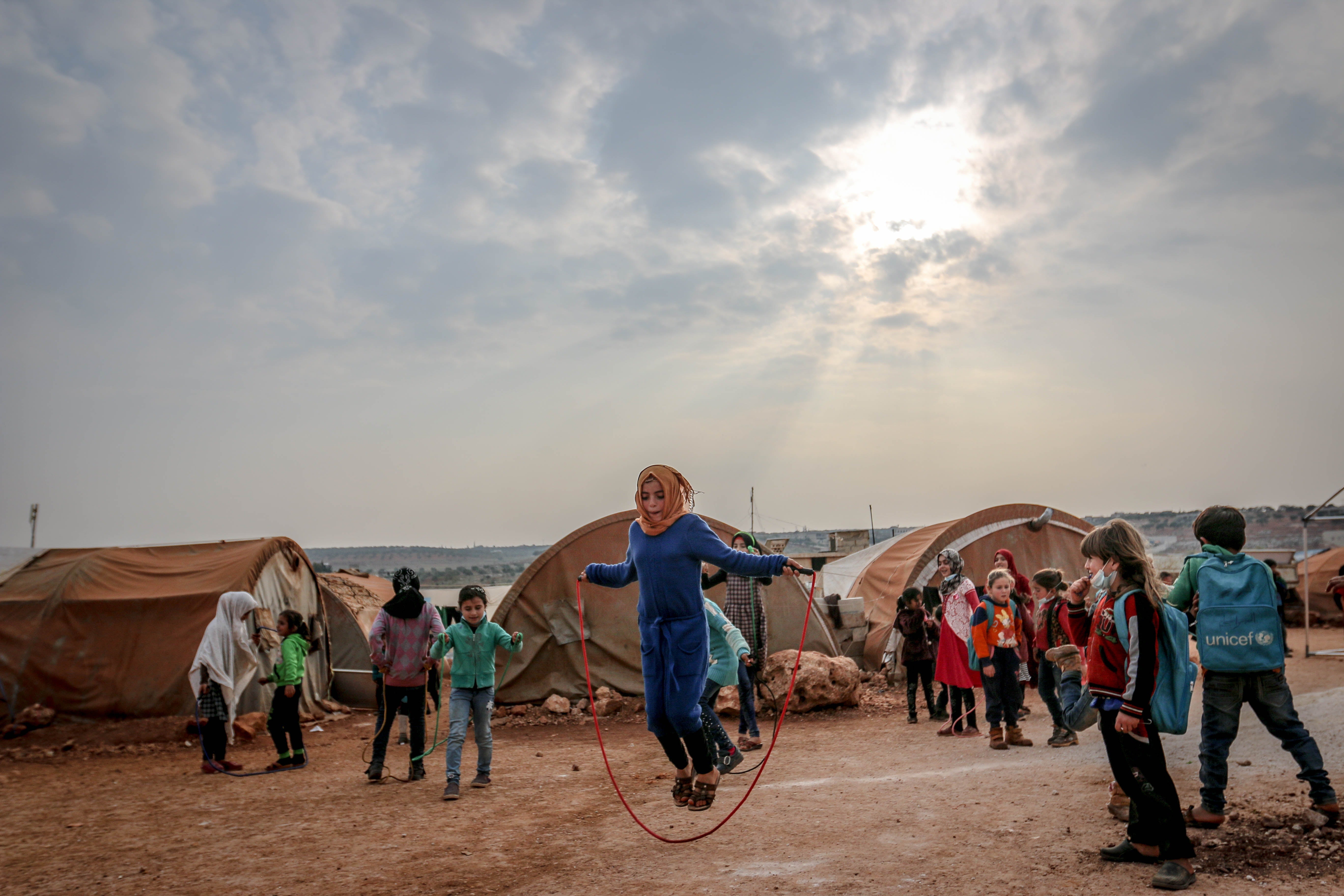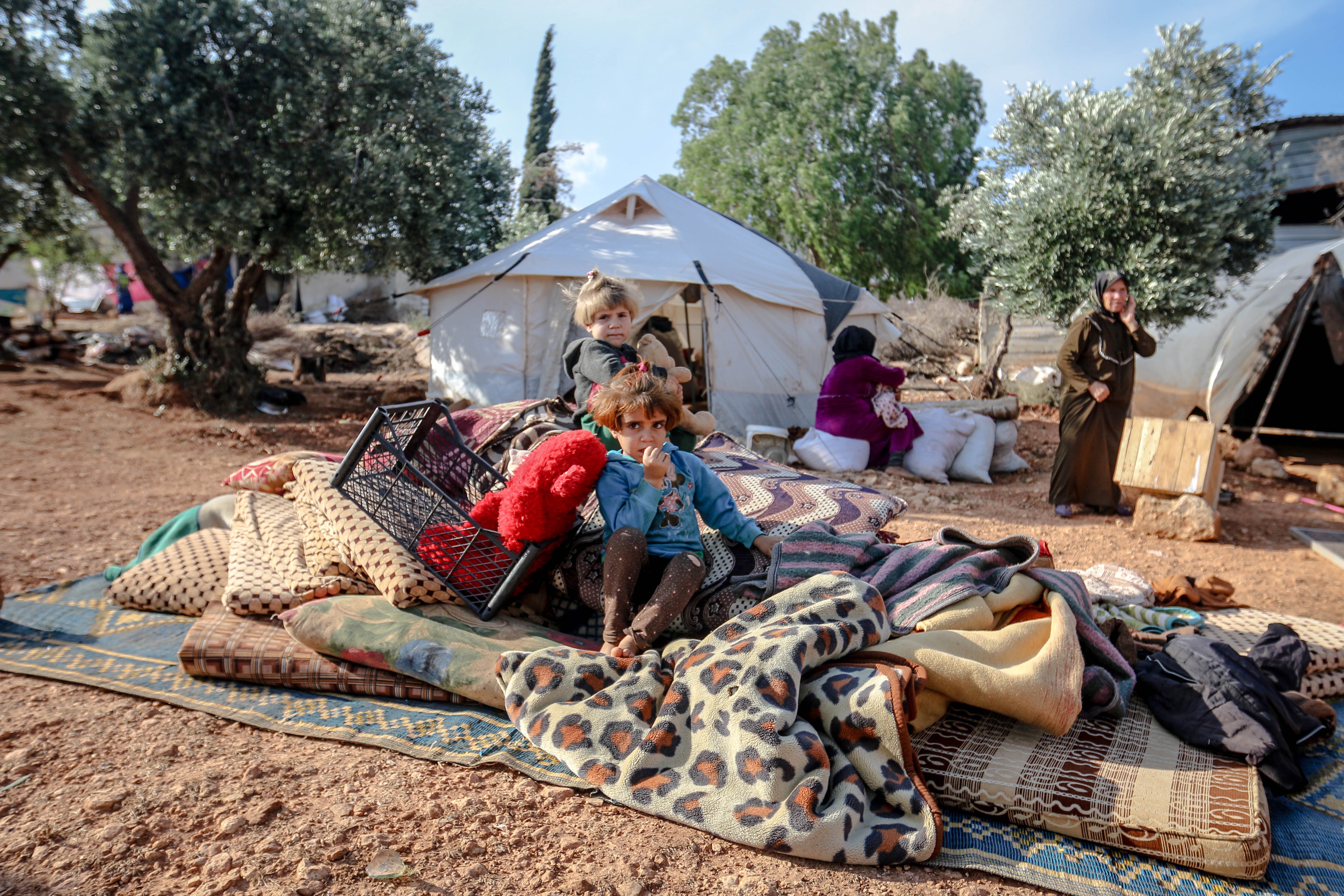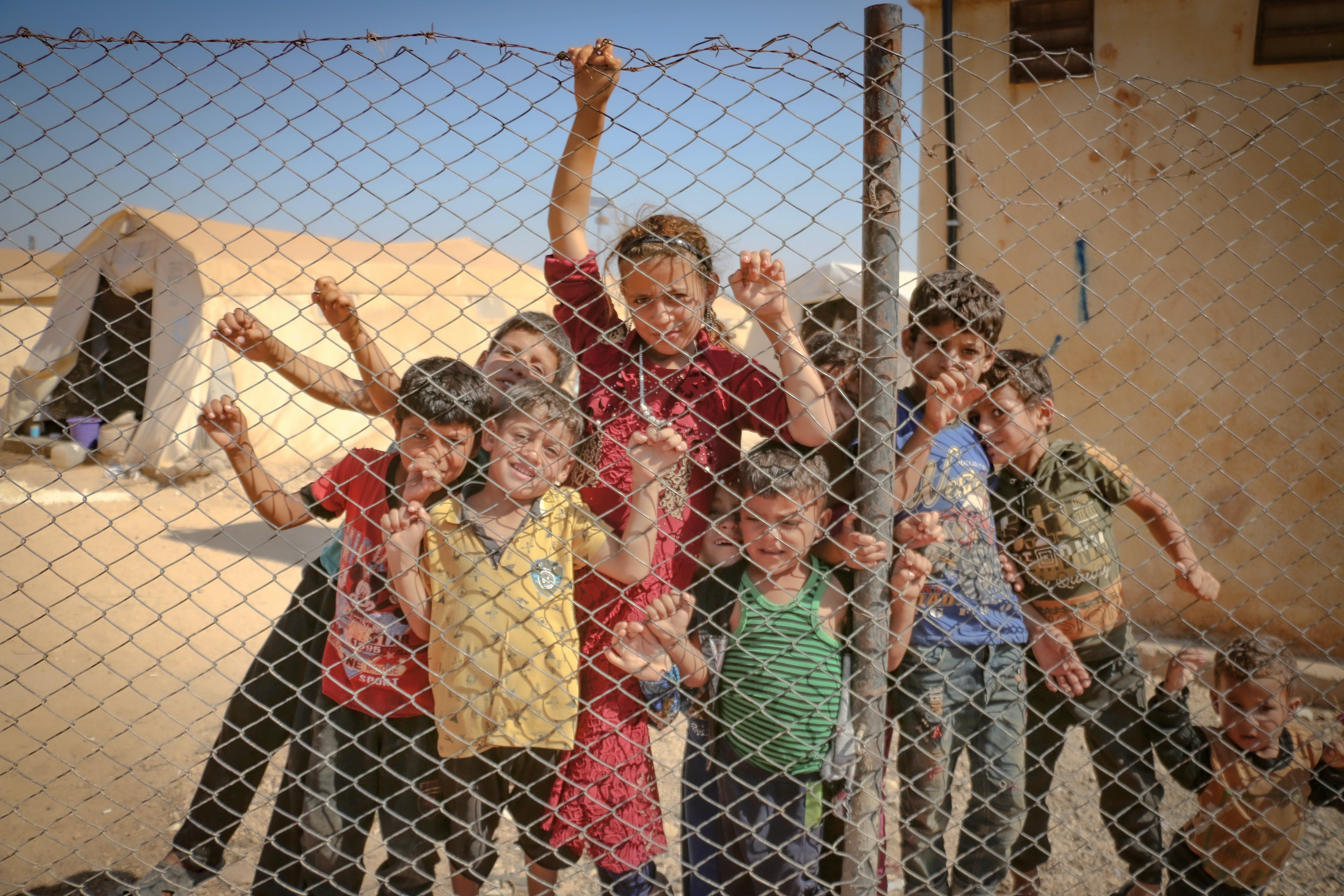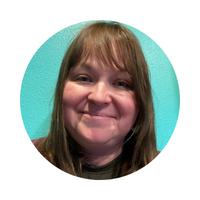From gap to gulf: The crisis in refugee resettlement
By Kimberly Curry | November 2, 2022

By Kimberly Curry | November 2, 2022
I have had the unique privilege of meeting thousands of refugees. Some lived in my home. Many I spent weeks alongside in a camp. Others, I continue to work with today. Knowing them has changed my life. Our aspirations are the same: a desire for safety, freedom, happiness, and hope. However, for most refugees that opportunity is often out of reach. Every interaction I have had with them has convinced me to care about that.
By definition, refugees have been forced to leave their country to escape war or persecution on the basis of race, religion, nationality, or membership in a social or political group, but that explanation does not define them. They are mothers and fathers, sons and daughters, widows, and orphans. They are teachers, artists, farmers, pilots, cooks, and nurses. They are children because the reality is over 40% of the world’s refugees are under the age of 18.

They are Afghans who I watched lovingly celebrate with other families who made it out safely while their own family was still in danger back at home. They are Syrians who made a heart with their hands when we didn’t share the language to communicate. They are Guatemalans who immediately accepted me as their friend. They are the Burmese who comforted me as I tried not to cry when the stories they shared were too much to bear, and they are the Congolese who came with practically nothing, yet offered me everything they had.
They have endured separation from family, instability, loss, trauma, and fear. Some are victims of torture, trafficking, forced labor, sexual assault, hunger, and disease. Many have experienced genocide, famine, oppression, and terror. Nevertheless, they persevere with resilience and courage, bringing with them their culture, talents, strength, and fortitude, uncertain whether they will encounter new hate or safe haven as they rebuild in a foreign land.
The number of refugees worldwide is at an historic high, and while valiant efforts are being made on the part of many governments and NGOs to provide safe resettlement to those affected, the chasm between the need and the response grows exponentially each year. Currently, an estimated 100 million individuals have been forcibly displaced around the globe, with 27.1 million receiving refugee status and only one percent of that number being considered for permanent resettlement. The gap in resettlement is swelling into a gulf, leaving 99% of refugees either residing in camps for decades, or internally displaced in host communities with limited rights and resources. Immediate action and change are needed to narrow the gap and provide relief.
Formerly, refugee admission was less of a partisan issue worldwide. However, anti-immigrant political movements and nationalist rhetoric around the globe in recent years has vilified refugees in countries where they have traditionally found acceptance, in turn negatively affecting policy, opinion, and admittance. We saw this in the United States as the previous administration described refugees as unwanted foreigners invading our country and culture, and boasted of cutting refugee admissions by 85%, aggressively decreasing the refugee ceiling each year until it reached a final all-time low of 18,000, compared to the 80,000 per year average of previous administrations across both parties.
Those aren’t just numbers. They are people who are waiting to have a chance at safety and stability. Each one has a name, and a family, and a story, and that person suffers another tragic disappointment and continued risk when their future is put on hold. At a time when 1 out of every 88 people on earth have been forced to flee, we can and must do more to welcome refugees with our words, our policies, and our funding.
Yet, still today, we see politicians using alarmist tactics to fuel anti-immigrant sentiment, demonizing a group of people to deflect from political shortcomings, ignoring the humanity surrounding the refugee crisis and labeling vulnerable people as threats. In reality, refugees go through rigorous security screenings and background checks both overseas and in the U.S. under the direction of the Department of State and the Department of Homeland Security. “This stringent process relies on information and participation from a number of federal intelligence, counterterrorism, and law enforcement agencies”.
Additionally, research shows that when a large number of refugees resettle in a given city, both property and violent crime decrease. A 2017 study of ten U.S. cities that received the most refugees over a ten-year period found that 9 out of 10 saw a significant reduction in crime, with violent crime dropping as much as 77%. Furthermore, an analysis by the CATO Institute found that the probability of a U.S. citizen being murdered by a resettled refugee is 1 in 3.64 billion.
With the trend in some politicians replacing research with rhetoric, it’s no wonder that the Brookings Institute stated in a recent article on refugee resettlement and migration that, “The lessons of the Holocaust — where thousands of Jewish refugees were characterized as security threats by the U.S. government and turned away — appear to have faded into history”.

Another issue surrounding the hesitation on the part of host countries to increase refugee resettlement numbers is the assumed economic impact. While that is a valid concern, a shift in perspective would demonstrate that despite the initial cost to resettle refugees and assist in their support as they work towards self-sufficiency, that money can actually be considered an investment.
The National Bureau of Economic Research has proven that the economic benefits of admitting refugees outweigh the costs. Their research suggests “an overall economic gain associated with refugee resettlement,” finding that refugees ultimately end up paying more taxes than they cost the government, and on average create jobs through small businesses and entrepreneurship at a higher rate than their native-born counterparts.
An economic impact study from 1985-2015 found that “within just two years of an increased inflow of refugees, the economy in the 15 countries studied became healthier and unemployment decreased.” With resettled refugees generating a demand for goods, increasing a country’s GDP, creating jobs, boosting tax revenue, and sustaining the economy by filling positions and contributing to social safety nets left vacant by an aging workforce, the data is clear that welcoming and investing in refugees is not only in our best interest morally, but financially as well.

It is a common misconception that most refugees are fleeing to Europe and North America. Currently, developing countries such as Lebanon, Jordan, Turkey, Uganda, and Sudan receive the largest number of refugees worldwide. It is time for economically advantaged nations to share more of the responsibility by prioritizing policies that will lead to increased refugee admissions and allow for individuals and families to safely rebuild their lives. Caring is the first step in closing the gap, and caring starts with action. Whether it’s through donating to refugee relief, volunteering with a local resettlement organization, voting for pro-refugee policies, discrediting anti-immigrant rhetoric, or being a welcoming friend when they arrive, there are ways to support refugees in your community. I urge you to find a way to care.
Refugee resettlement reflects principles of freedom and international solidarity. It strengthens diplomatic relations by reaffirming our global leadership and commitment to human rights. To bridge the rampantly widening gap between what is needed and what is currently being done, individuals, communities and nations must make a collective investment in refugees because I have come to know, and the data shows, that we need them as much as they need us.
 Kimberly Curry
Kimberly Curry2022-2023 Global Human Rights Hub Fellow
Kimberly is a student in the international affairs and leadership master’s program at ASU’s School of Politics and Global Studies. The focus of her research has been the systemic discrimination, human rights violations, and risk of genocide against the Hazara people in Afghanistan, the Rohingya Muslims in Myanmar, and the Uyghur population in China. Other research interests include combatting human trafficking and overcoming barriers for refugees and asylum seekers. Kimberly currently resides in Washington State and works in refugee resettlement for the International Rescue Committee.